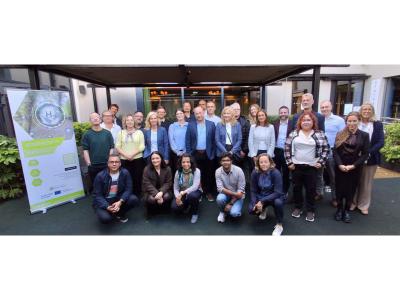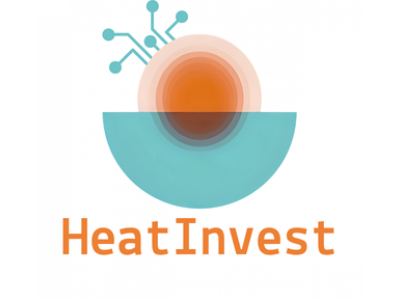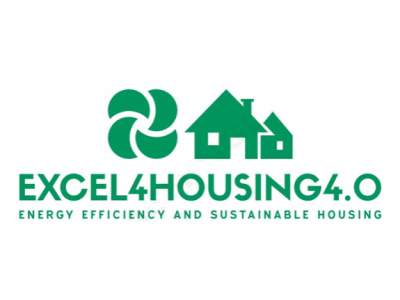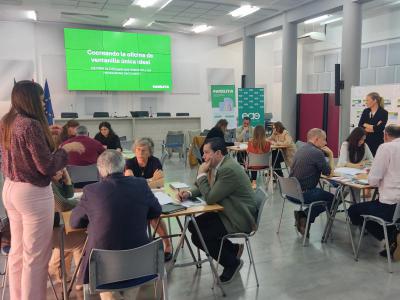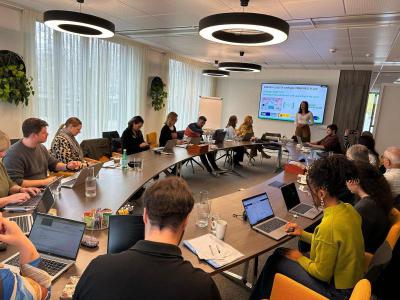Europe gets interested in the results HousEEnvest.
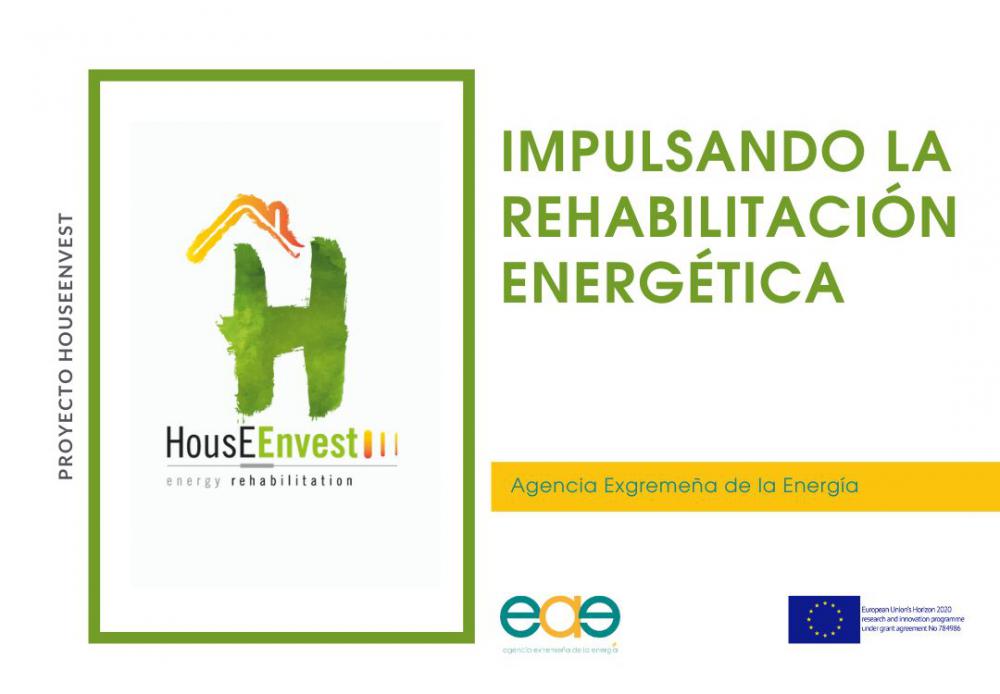
The Community Information Service on Research and Development (CORDIS), the European Commission's main web portal for disseminating European projects, has published a summary of the results of the HousEEnvest project on its website, highlighting the creation of a One-Stop-Shop and the financial support for the Energy Efficiency Guarantee Fund for Housing in Extremadura (GEEVE Fund), both developed during the project's implementation term (March 1, 2018 to May 31, 2022).
The Extremadura Energy Agency Consortium has recently been awarded the AEIPRO IPMA Spain award for Project Excellence in the Construction and Building category, due to its 4-year leading role in the Houseenvest project.
Through this European project, funded by the H2020 program, a relevant boost has been given to promote the energy rehabilitation of buildings in Extremadura to reduce energy consumption.
As CORDIS itself publishes, buildings are responsible for 40% of the total energy consumption of the European Union and, therefore, are the main energy consumers in Europe. This is due to a large extent to the fact that most of the European housing stock is old and energy-inefficient. According to the analysis carried out during the HousEEnvest project, the majority of single-family houses and apartments in the region were built before 1980, being thus equipped with inefficient central heating systems.
One-Stop-Shop
CORDIS also highlights the One-Stop-Shop designed to help owners throughout the housing energy rehabilitation process, from the initial assessment to the identification and procurement of contractors. It also facilitates technical assistance and, once the renovation is completed, it also helps to assess the energy savings reached.
As before stated, the other tool created by HousEEnvest is the Energy Efficiency Guarantee Fund for Housing in Extremadura (Fondo GEEVE), a public financial guarantee fund for the loans granted by financial entities for energy renovations. «The financial entities provide loans to the owners or housing associations to carry out the energy rehabilitation, while the regional government provides a guarantee for the loan to the financial entity», explains Francisco Javier Márquez, expert and project coordinator at Agenex. «Thus, the owners are allowed to renew their homes in the best financial conditions currently available on the market».
Once the project has come to an end, the partners of HousEEnvest have committed themselves to continue working even after the completion of the project and are currently studying the feasibility of creating an independent association that will allow providing financial support for the energy renovation of buildings.
 ES
ES EN
EN

